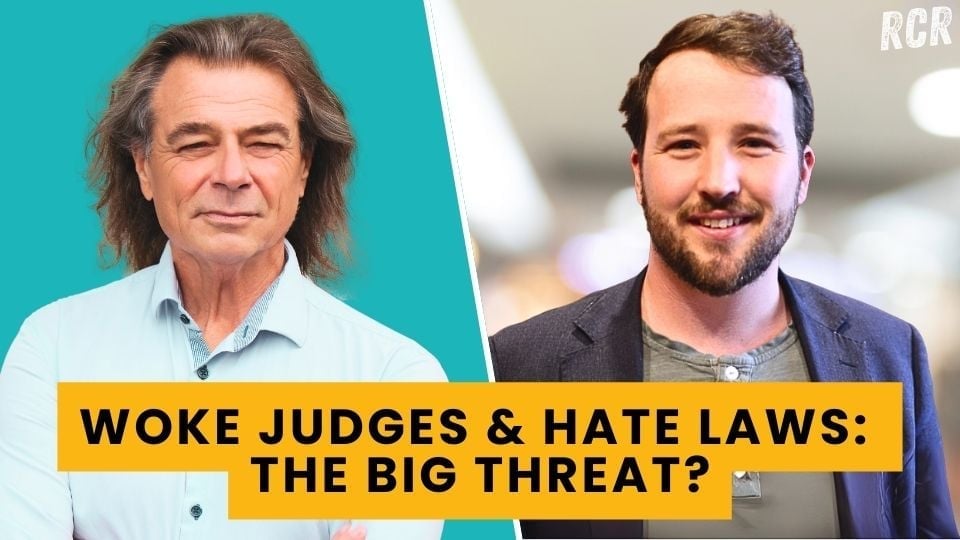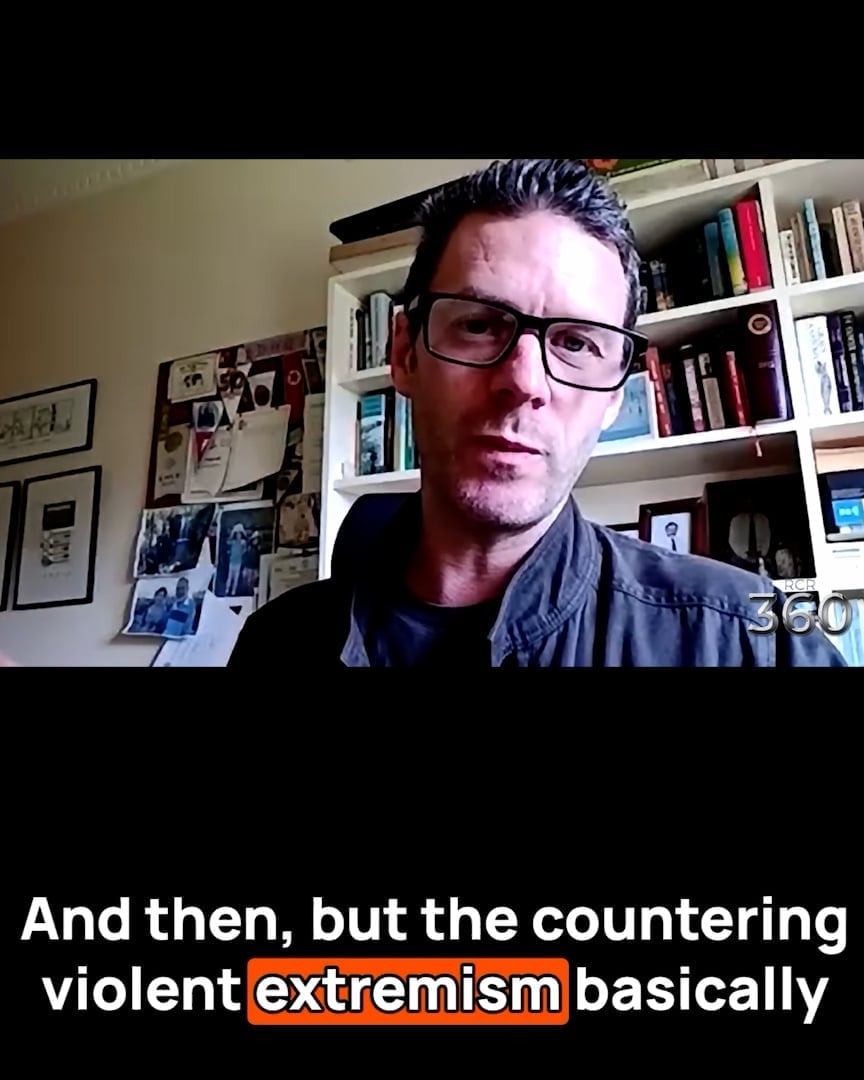
The Free Speech Union (FSU) is pushing back against proposed hate crime laws in New Zealand, warning of Orwellian state overreach. In his interview with Paul Brennan, Chief Executive Jonathan Ayling argues that hate is subjective, making legal definitions inconsistent and open to political misuse. Recent cases—from Treaty vandalism to damaging a rainbow crossing—highlight the arbitrary nature of such laws. He warns that if enacted, hate speech legislation will follow, leading to the policing of thought rather than action. To counter this, the FSU has launched a petition and public campaign, aiming to repeat past successes in defeating similar proposals.
Ayling draws parallels with Canada, the UK, and Australia, where hate laws have expanded state control rather than reducing harm. He argues that institutions have lost public trust because they are no longer trustworthy. Instead of fostering unity, such laws deepen division and suppress dissent. The FSU’s fight is not just about free speech but about preserving democracy itself—because once speech is controlled, all other freedoms are at risk.
Keep up to date with the Free Speech Union's work.
Share This

The Free Speech Union (FSU) is pushing back against proposed hate crime laws in New Zealand, warning of Orwellian state overreach. In his interview with Paul Brennan, Chief Executive Jonathan Ayling argues that hate is subjective, making legal definitions inconsistent and open to political misuse. Recent cases—from Treaty vandalism to damaging a rainbow crossing—highlight the arbitrary nature of such laws. He warns that if enacted, hate speech legislation will follow, leading to the policing of thought rather than action. To counter this, the FSU has launched a petition and public campaign, aiming to repeat past successes in defeating similar proposals.
Ayling draws parallels with Canada, the UK, and Australia, where hate laws have expanded state control rather than reducing harm. He argues that institutions have lost public trust because they are no longer trustworthy. Instead of fostering unity, such laws deepen division and suppress dissent. The FSU’s fight is not just about free speech but about preserving democracy itself—because once speech is controlled, all other freedoms are at risk.
Keep up to date with the Free Speech Union's work.



